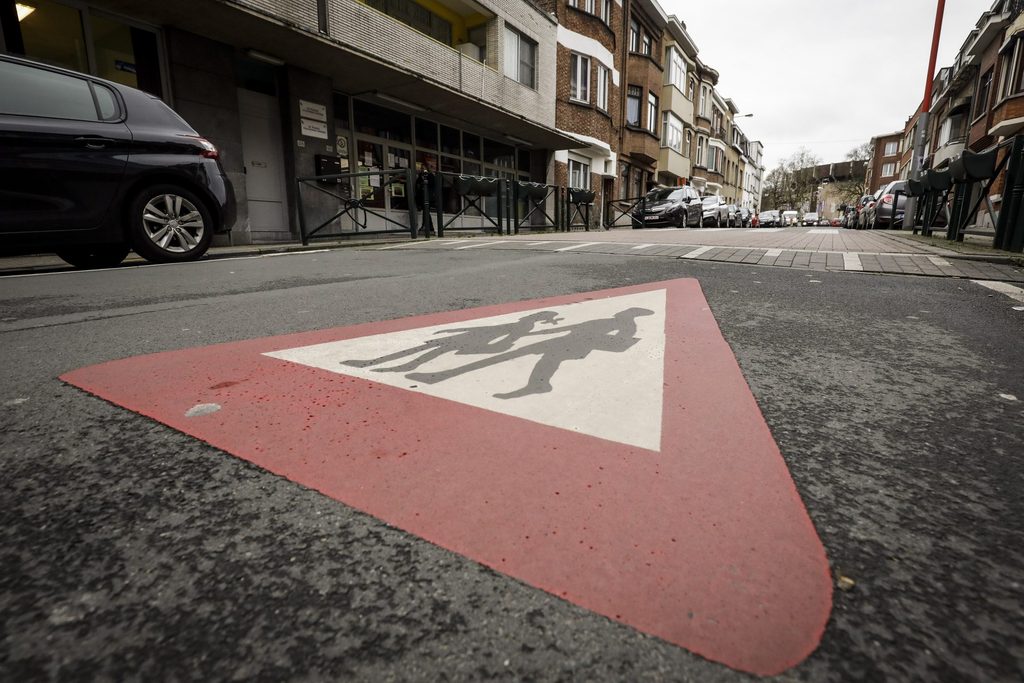As a result of the school timetable reform in Belgium, French-speaking and Flemish students no longer have their spring break at the same time, with Flemish students taking their break at Easter while Francophone students had to wait until May.
But although the changes were not universally welcomed, aside from purported learning advantages they have also reduced traffic congestion. As a result, the traffic weight of the francophone and Flemish systems can now be measured individually in Brussels.
According to a study by Brussels-Mobility, the number of unique vehicles on the Capital Region's roads decreased during both sets of holiday weeks. By comparing the weekdays (excluding Easter Monday) during the Flemish school holidays with the preceding two weeks, there was a 5% decrease in the number of unique vehicles. Similarly, during the weekdays (excluding May 1st) of the French-speaking school holidays, there was a 7% decrease.
Brussels more quiet during French-speaking holidays
In terms of reducing the number of vehicles, the French-speaking holidays had a greater impact than the Flemish holidays; not surprising given that more pupils in the capital follow the francophone curriculum than the Flemish.
However, the study's authors explained that the link between the number of vehicles and congestion is not direct, as the number of trips made during those periods is unknown.
Brussels Mobility also compared travel times between holiday periods and normal periods for 25 common routes in Brussels. Here again, the French-speaking holidays had a greater average reduction in congestion, with a decrease of 5.2%. The Flemish holidays had a minimal impact, with only a 1% decrease in congestion.
This discrepancy can be attributed to the higher number of Brussels students enrolled in French-language schools. In the 2014-2015 academic year, approximately 82.2% of the 250,000 students in the Brussels-Capital Region were enrolled in French-language education, while 17.8% were enrolled in Dutch-speaking education. Additionally, 85.6% of students attending schools in the Brussels-Capital Region lived within the region.
Related News
- Passenger numbers swell at Brussels Airport as school holidays start
- Belgian tourism suffers from split spring holidays
A greater reduction in congestion during the Francophone holidays is therefore expected. Drivers have the opportunity to shorten their travel distances during this period by eliminating the need to detour to school, changing their mode of transportation, or even avoiding rush hour due to holidays or teleworking.
Although the 5% reduction in travel times during the French-speaking holidays is not as significant as the -13% reduction seen during summer holidays, it is a sustained effect over a longer period of four weeks, Brussels-Mobility stated in the article.

